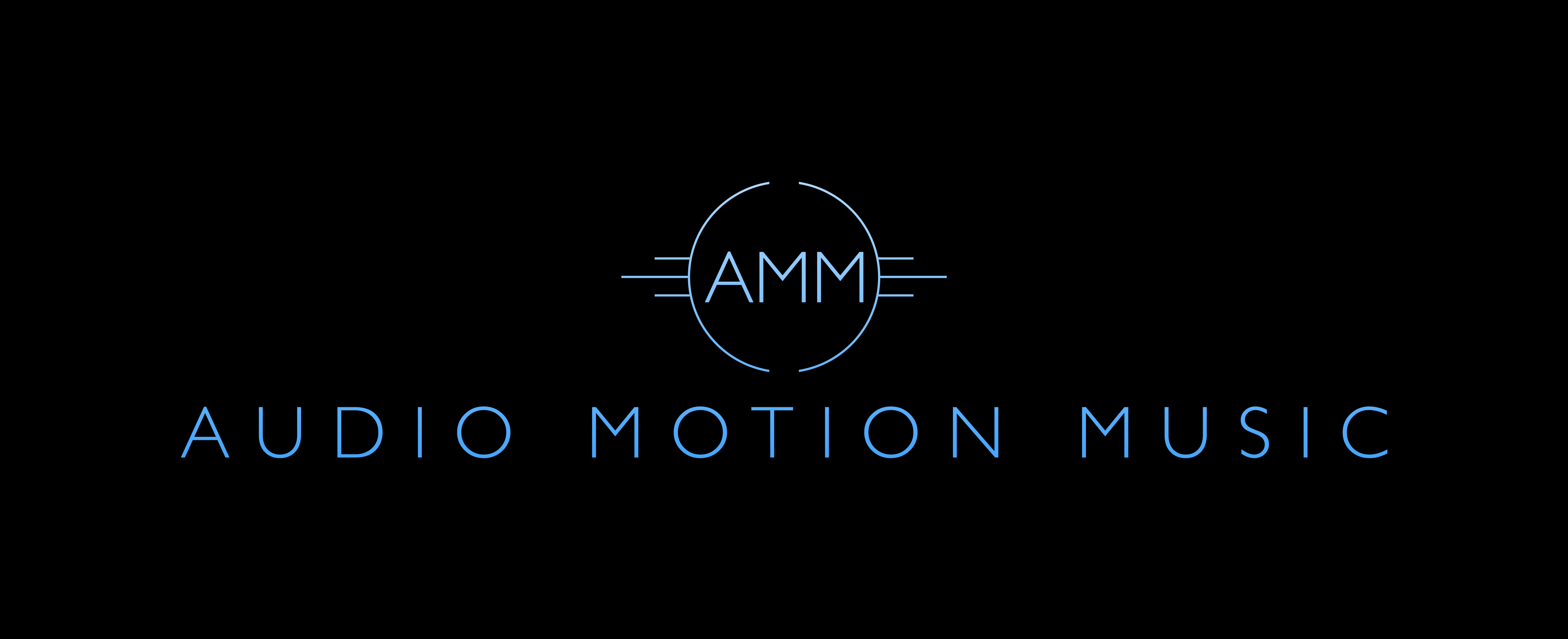Are you a music lover, producer or DJ? Then you must be aware of the importance of music clearance. Clearance of music involves obtaining the necessary permissions to use a particular piece of music in a specific context. Without proper clearance, you may face legal consequences for copyright infringement. So, it’s crucial to have a solid understanding of music clearance to avoid any potential mishaps.
In this article, we’ll take a look at the most common mistakes people make in the music clearance process and how to avoid them. Whether you’re a seasoned pro or just starting out, this guide is essential reading to make sure you don’t fall foul of the law.
Mistake 1: Not Understanding Copyright Law
The first and biggest mistake people make in the music clearance process is not understanding copyright law. Copyright law is complex and can vary from country to country, so it’s important to educate yourself on the laws in your area. Not knowing the law can lead to costly mistakes and even legal consequences.
Mistake 2: Thinking “Fair Use” Applies to All Situations
Another common mistake is thinking that “fair use” applies to all situations. Fair use is a doctrine in U.S. copyright law that allows limited use of copyrighted material without acquiring permission from the rights holder. However, fair use is often misunderstood, and people mistakenly believe that they can use any piece of music they want without clearance. In reality, fair use is limited and only applies in specific circumstances.
Mistake 3: Not Obtaining Proper Permissions
One of the biggest mistakes in the music clearance process is failing to obtain proper permissions. This can happen if you don’t understand the licensing process, or if you’re working with a third-party vendor who doesn’t have the proper licenses. Before using any music, make sure you have the necessary permissions and licenses in place.
Mistake 4: Using Music Without Proper Licensing
Using music without proper licensing is a big no-no in the world of music clearance. Not only is it illegal, but it can also result in costly lawsuits and fines. To avoid this mistake, make sure you have the necessary licenses and permissions in place before using any music in your projects.
Mistake 5: Not Keeping Proper Records
Finally, another common mistake in the music clearance process is not keeping proper records. This can be especially important if you’re using music in a commercial context, such as in a TV advertisement or a film. Keeping accurate records of your music usage is essential to avoiding any legal issues down the line.
In conclusion, music clearance is a crucial aspect of any music project. By avoiding these common mistakes, you can ensure that your music usage is legal and protects you from any potential legal consequences. So, take the time to educate yourself on the laws, obtain proper permissions, and keep accurate records to avoid any mishaps in the future.
